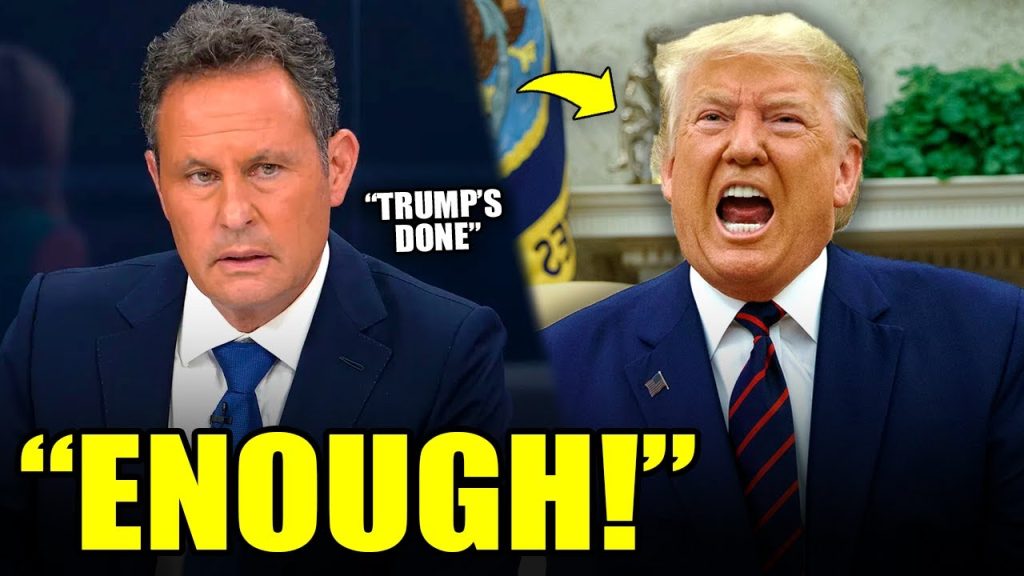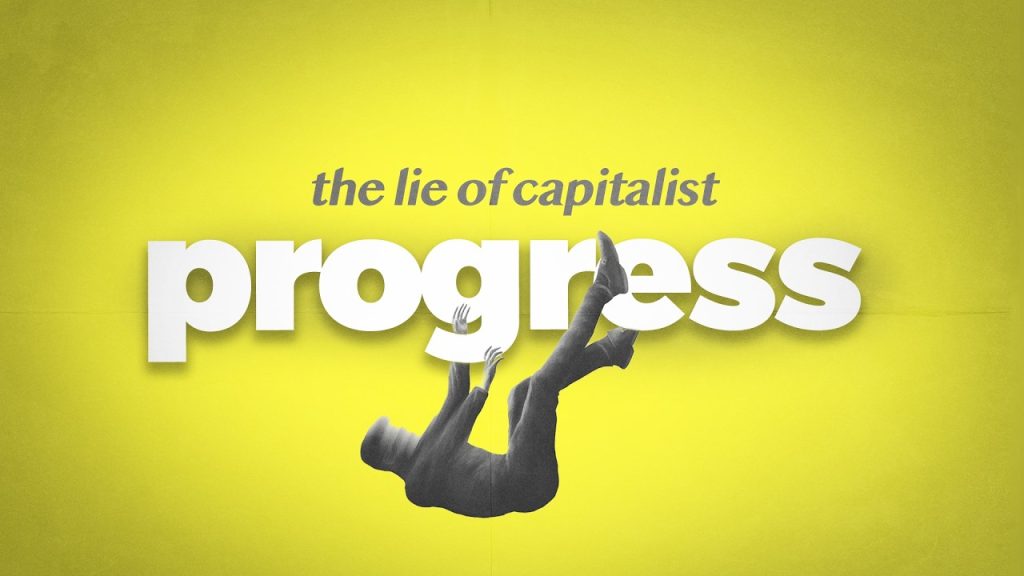The provocative title “It’s not ‘PEE TAPES’……” immediately calls to mind one of the most sensational and controversial allegations in recent political discourse. The phrase “pee tapes” emerged years ago amid allegations concerning compromising material linked to former President Donald Trump, stirring widespread media coverage and political debate. Although the existence of such recordings has never been confirmed, the term became symbolic of the broader accusations and investigations targeting political figures.
The term “pee tapes” originally surfaced in connection with the infamous Steele dossier, an intelligence report compiled during the 2016 U.S. presidential campaign. The dossier alleged Russia’s entanglement with Trump associates and hinted at intimate, potentially embarrassing encounters involving Trump in Moscow. Its explosive claims contributed to the launch of multiple investigations, including the one led by Special Counsel Robert Mueller, although concrete evidence of the specific “pee tapes” remained elusive.
This video’s title suggests a refutation or clarification of these persistent rumors. In today’s political climate, such provocative phrases often become shorthand for complex issues involving misinformation, disinformation, and partisan narratives. Disentangling facts from fiction is crucial in maintaining informed public discourse. The continued interest in this topic highlights the deep polarization in current American politics, where symbolism can sometimes overshadow substantive policy debates.
Understanding the background behind these terms and the investigations they stem from is essential. The Mueller investigation explored connections between Trump’s 2016 campaign and Russia, which ultimately led to multiple indictments unrelated to “pee tapes.” Meanwhile, media scrutiny, congressional hearings, and public discussions reflect how political controversies evolve within the digital age, frequently influenced by social media amplification and strategic communication.
As viewers encounter titles referencing such contentious topics, it is important to approach them with critical thinking. Verifying information through reliable sources and understanding the broader political landscape contribute to a more nuanced perspective.
Where to Learn More
- PBS Frontline – A detailed guide to the Steele dossier and related political investigations.
- Reuters – Coverage of investigations into Russia-Trump connections and political ramifications.
- The New York Times – Comprehensive reporting on Special Counsel Robert Mueller’s investigation.
- FactCheck.org – Independent fact-checking of political claims and viral narratives.
- C-SPAN – Primary source videos and transcripts of congressional hearings and related political events.




